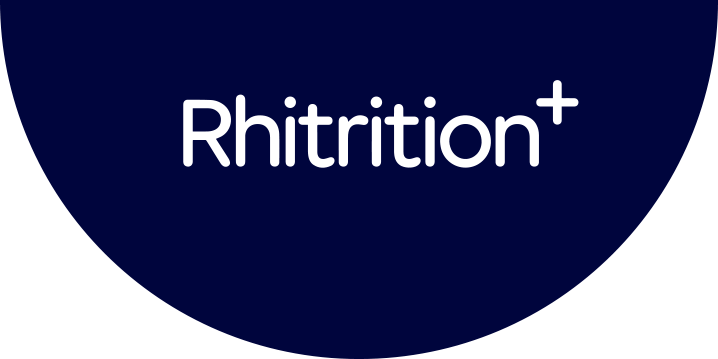Is Folic Acid Just For Women
Article by Rhiannon Lambert, BSc MSc RNutr
Folic acid is the man-made equivalent of folate, found in supplements and fortified foods.
Both males and females need folate for the production of DNA during cell replication, and together with vitamin B12, the production of healthy red blood cells and optimal nerve functioning. The British Dietetic Association recommends that anyone in the UK over the age of 11 years old should consume 200µg each day. Eating a healthy and balanced diet rich in folate sources should be sufficient to meet these needs.
Sources
Folate, which is also known as vitamin B9, is naturally present in foods including;
Vegetables (especially those that are dark green and leafy)
Fruit
Beans
Nuts
Eggs
Dairy products
Meat and poultry
Sources Folic acid and pregnancy
Supplementation of 400µg of folic acid per day, on top of the 200µg from folate, is recommended for women trying to conceive or who could get pregnant, up until 12 weeks of gestation. Folate and folic acid are important parts of the diet during pregnancy, as it helps with the maturation of eggs, enables an embryo’s brain, skull, and nervous system to develop properly. A deficiency of folate can be detrimental to an unborn baby’s health and may cause neural tube defects, such as Spina Bifida.
But, pregnancy is not the only reason which can warrant folic acid supplementation. Other reasons that may mean people, both men and women, need to supplement include:
To prevent or treat folate deficiency anaemia
To reduce the side effect of a medication that can be used to treat arthritis, psoriasis and Crohn’s disease, known as methotrexate
To aid those with malabsorptive disorders such as inflammatory bowel disease, coeliac disease.
Should I take folic acid?
For most adults and children it is safe to take a folic acid supplement; however it is not suitable in all cases. Make sure to seek advice from you GP if you:
Have had an allergic reaction to folic acid or any other medication in the past
Have been diagnosed with pernicious anaemia, or low vitamin B12 levels
Have cancer (except if you have folate deficiency anaemia)
Are receiving haemodialysis
Have a heart stent


